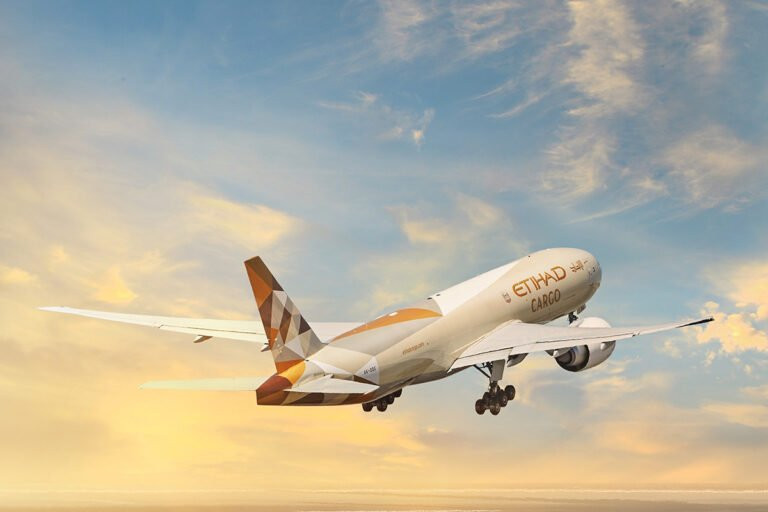The Asia-Pacific (APAC) region, with its burgeoning markets and diverse economic drivers, has become a focal point for many leading air cargo operators. Experiencing double-digit growth in cargo volume, the APAC market’s expansion has been driven by a shift from general cargo to a diversified mix that includes a substantial e-commerce component, reflecting the rapid expansion of online shopping.
“Particularly in Asia-Pacific, the volume is growing rapidly. We see three key hubs: Hong Kong, Singapore, and Shanghai,” Jacqueline Han Lin Ni, Etihad Cargo’s Regional Director responsible for North Eastern Asia, including China, Hong Kong, Japan, South Korea, and Taiwan, stated.
However, the region’s rapid growth has brought challenges, with development at hubs struggling to keep pace with the increasing demand in certain areas.
“The infrastructure, including ground handling agents (GHAs) and airport facilities, is currently not keeping pace with demand,” she noted.
Additionally, the region’s regulatory complexities add another layer of difficulty.
“People often think of Greater China as one entity, but Hong Kong, mainland China, and Taiwan have different rules, languages, and currencies.”
Key focus
The safe and efficient transportation of cool chain goods and high-tech shipments has become increasingly important over the past few years, sparking the need for specialised handling, particularly in challenging climates.
“The pharmaceuticals market has experienced year-on-year growth, especially with vaccine transportation. Customers often ask if we can handle the heat, given Abu Dhabi’s high temperatures,” Han Lin Ni stated. “We have continuously launched new features to enhance our IATA CEIV Pharma-certified PharmaLife product, including specialised thermal blankets and cool dollies, to ensure we can effectively mitigate the environmental risks, including the climate.
“Etihad Cargo also introduced SecureTech earlier this year to provide the timely and secure delivery of electronic devices, from mobile phones to computers and screens. This product is IATA CEIV Li-batt-certified, so our customers can rest assured that their shipments are in safe hands with Etihad Cargo.”
Geopolitical issues have also influenced cargo operations. “The Red Sea crisis has transformed demand in Southeast Asia and India from ocean to airfreight, highlighting the industry’s flexibility in the face of needing to innovate and adapt quickly to maintain service levels.,” Han Lin Ni said.
“Our industry is very dynamic and is evolving rapidly, which can be challenging and certainly keeps cargo carriers on their toes. Transitioning from ocean to airfreight, I’ve seen how air cargo demands constant adaptation, with shipments changing up to four hours before departure,” she explained.
Strategic partnerships
Etihad Cargo’s strategic partnerships have further enhanced its capabilities.
“Etihad recently signed an MOU with China Eastern and Shanghai Airlines. Additionally, Etihad Cargo has continued to strengthen our partnership with SF Airlines. These collaborations expand our operations and management tools, providing customers with more choices,” Han Lin Ni explained.
Partnerships have also bolstered Etihad Cargo’s digitalisation initiatives, with the carrier launching a sales optimization tool that enables the use of advanced analytics to identify sales initiatives and tailor engagement strategies. Etihad Cargo has also established direct API connections with leading forwarders, enabling direct eBooking, instant confirmations, real-time tracking, and immediate pricing. This automation reduced booking times, enhanced efficiency, and improved transaction accuracy, significantly benefiting customers.
Etihad Cargo has continued to enhance its online booking portal to simplify the booking process. Han Lin Ni said, “Our e-booking and instant offer services are particularly appealing to SME customers, allowing them to place bookings anytime. This, combined with our network expansion, in collaboration with partners, offers customers more choices.”




